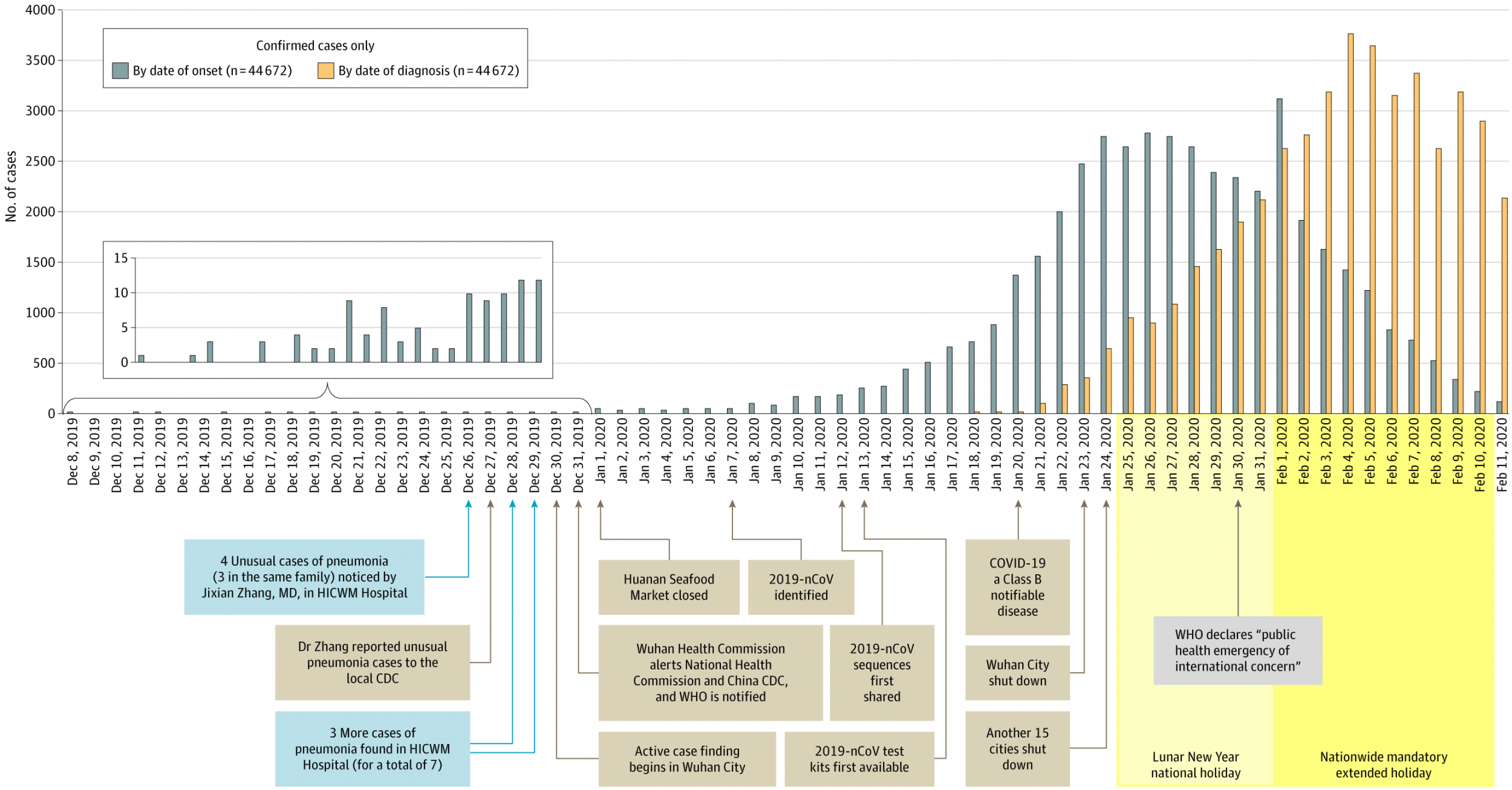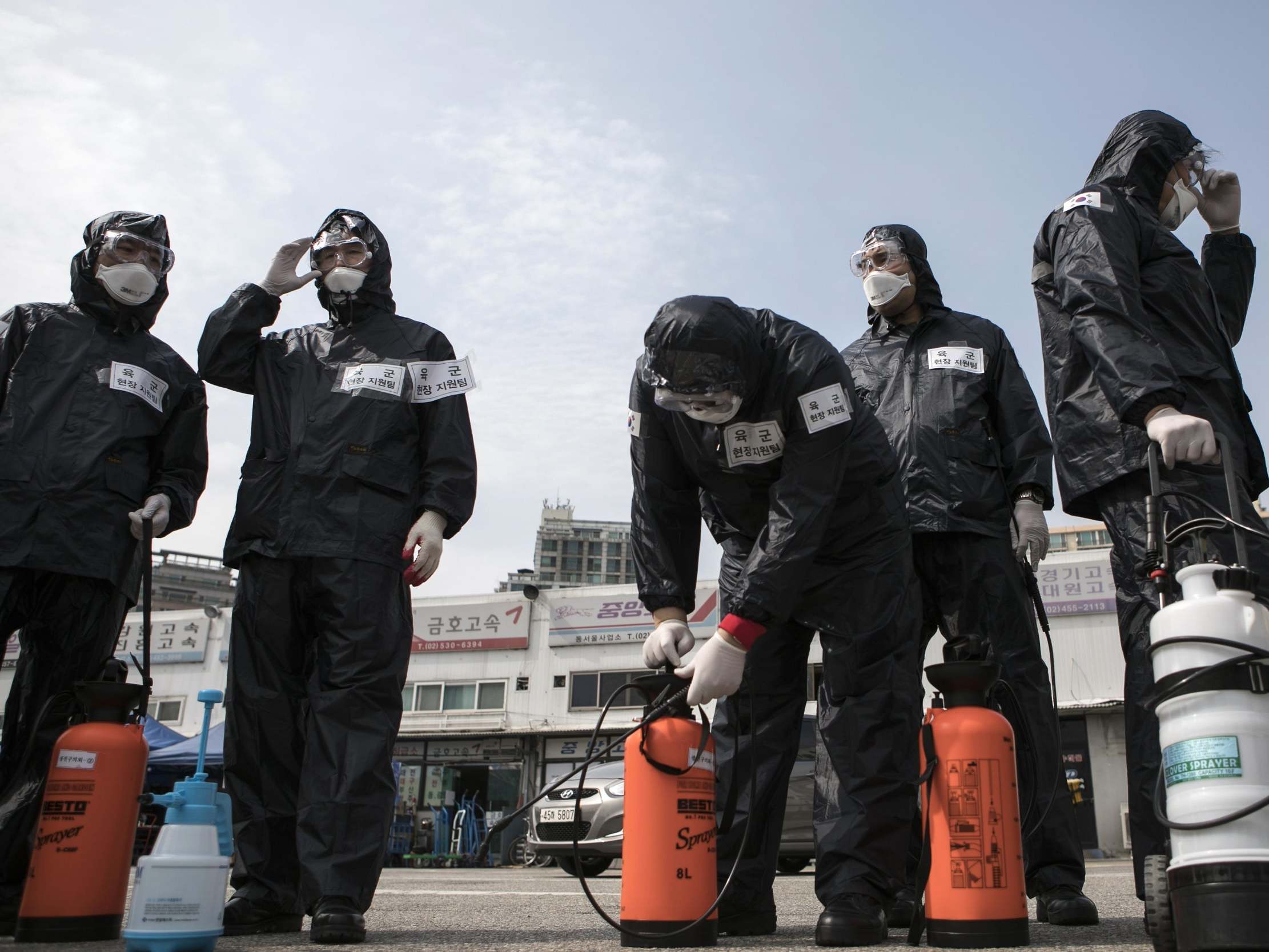Coronavirus: China proved singing happy birthday while washing hands is not enough to combat virus. Why aren't we listening?
No travel bans and no social distancing measures enforced in UK despite rising number of deaths
Your support helps us to tell the story
From reproductive rights to climate change to Big Tech, The Independent is on the ground when the story is developing. Whether it's investigating the financials of Elon Musk's pro-Trump PAC or producing our latest documentary, 'The A Word', which shines a light on the American women fighting for reproductive rights, we know how important it is to parse out the facts from the messaging.
At such a critical moment in US history, we need reporters on the ground. Your donation allows us to keep sending journalists to speak to both sides of the story.
The Independent is trusted by Americans across the entire political spectrum. And unlike many other quality news outlets, we choose not to lock Americans out of our reporting and analysis with paywalls. We believe quality journalism should be available to everyone, paid for by those who can afford it.
Your support makes all the difference.The coronavirus death toll in the UK stands at 10, and a total of 590 people are known to have been infected, yet the British government is staving off putting official restrictions on mass gatherings or on travel.
Health experts have pointed out that by the time 400 known cases of the virus were detected in Wuhan, the epicentre of the outbreak, the city was shutdown by Chinese authorities. The following day, another 15 cities in Hubei — a province with 58 million people — were shut down to contain the virus.
Of course, at the time of the shutdowns, the true number of cases was much higher than 400 in China, and subsequent identification of those infected only began to reveal the immediate effectiveness of the lockdowns around a week later.
In fact, at the time of the lockdowns, around 2,500 would have been infected, official records show.
These numbers are known through testing people and then asking them when they first began to suffer from the symptoms of the disease, indicating around a week-long lag in China between beginning to feel ill, and then being diagnosed.
Lockdowns, self isolations and social distancing tactics have helped China “flatten the curve” — referring to the shape of the line on graphs plotting the numbers of cases of the disease over time.

Without such measures being adopted, graphs spike as the number of cases soars.
China’s rapid containment efforts were applauded by the World Health Organization at the time, and as the number of cases in the country has fallen by the day — there were only eight new cases in the epicentre, Wuhan, on Wednesday — focus is now turning to other countries such as Iran and Italy, which are yet to show signs of a slowdown in infections.
Knowledge of the coronavirus death rate, the level of infection, and the speed at which the disease has moved through population centres has also enabled scientists to make estimates of numbers of undiagnosed infections in populations based on the death rate. A relatively small number of deaths can represents hundreds or thousands of infections.
In the UK, which has a population only slightly greater than Hubei, with 66.4 million, the government has repeatedly said it is following scientists’ advice. But that has been refuted by numerous scientists ,and earlier this week the editor-in-chief of health journal The Lancet claimed the government was “playing roulette with the public” by not following scientists’ advice on containing the virus.
The former regional director of Public Health England, Professor John Ashton, also issued a furious condemnation of what he described as the UK government’s “complacent” response to the pandemic, saying he was “tearing his hair out”, and measures should have been put in place a month ago.
So while China’s tactic of quarantining 58 million people appears to have worked, in the UK, the government is daring to try an untested alternative led by its “nudge unit” also known as the Behavioural Insights Team — a private company partly owned by the Cabinet Office, employees and the charity Nesta.
The nudge unit’s chief executive, Dr David Halpern, whose background is in politics and strategy, rather than biological science, reports directly to Boris Johnson and is among those advising the government on its coronavirus response.
Speaking to the BBC, Dr Halpern said: “There’s going to be a point, assuming the epidemic flows and grows as it will do, where you want to cocoon, to protect those at-risk groups so they don’t catch the disease.
“By the time they come out of their cocooning, herd immunity has been achieved in the rest of the population.”
So far, the government is refusing to ban mass gatherings, close institutions or, as Donald Trump has done, to close borders to mainland Europe. Instead, the UK government has advised those with any symptoms to self-isolate, and urged vulnerable elderly people to remain indoors.
On Thursday, Chancellor Rishi Sunak told BBC Radio 4’s Today programme: “The advice we are getting is that there is not evidence that interventions like closing borders or travel bans are going to have a material effect on the spread of the infections.
“That is why we have taken the decisions that we have.”
In South Korea, which has seen a rapid rate of officially recorded infections, almost 20,000 people each day are being tested for coronavirus — more people per capita than anywhere else in the world.
The South Korea authorities managed to design and create a test, then set up a network of laboratories across the country and get it all to work in 17 days.
According to health officials, this rapid response and huge roll-out could well be saving lives, the BBC reported. According to the World Health Organization, the death rate for coronavirus is 3.4 per cent. But in South Korea it has been just 0.7 per cent.

Meanwhile, the number of people being tested for coronavirus in the UK has actually fallen in recent days, even as concern about the disease’s spread grows.
Official government figures show fewer people have been tested for the virus this week compared to the previous seven days.
Public health experts have suggested that the lack of testing is part of a response from the UK government that could be encouraging the spread of the disease.
Even as Ireland has closed schools and colleges, in Britain, football matches remain on, schools are open, the borders are open, and the official advice appears to be: “keep calm and wash your hands”.

Join our commenting forum
Join thought-provoking conversations, follow other Independent readers and see their replies
Comments